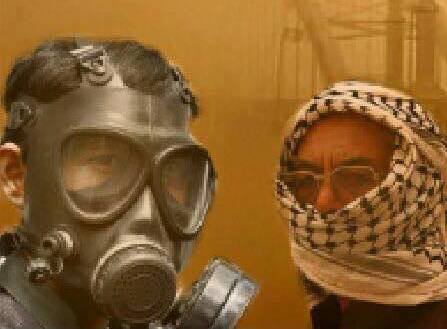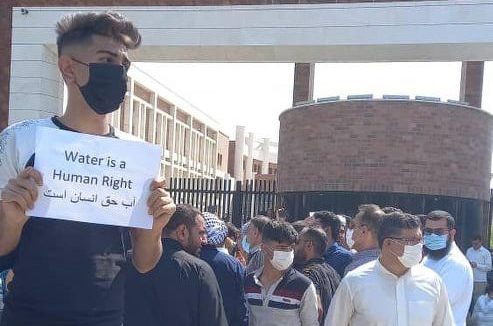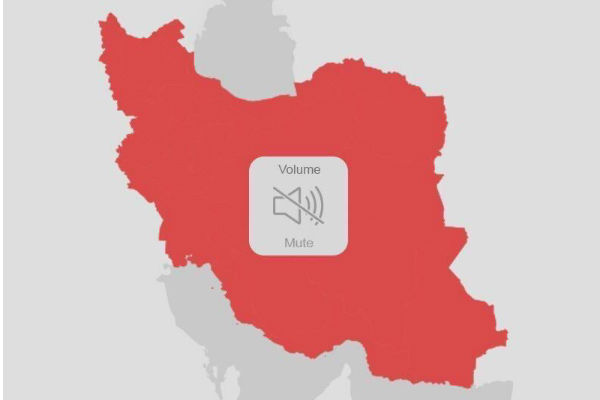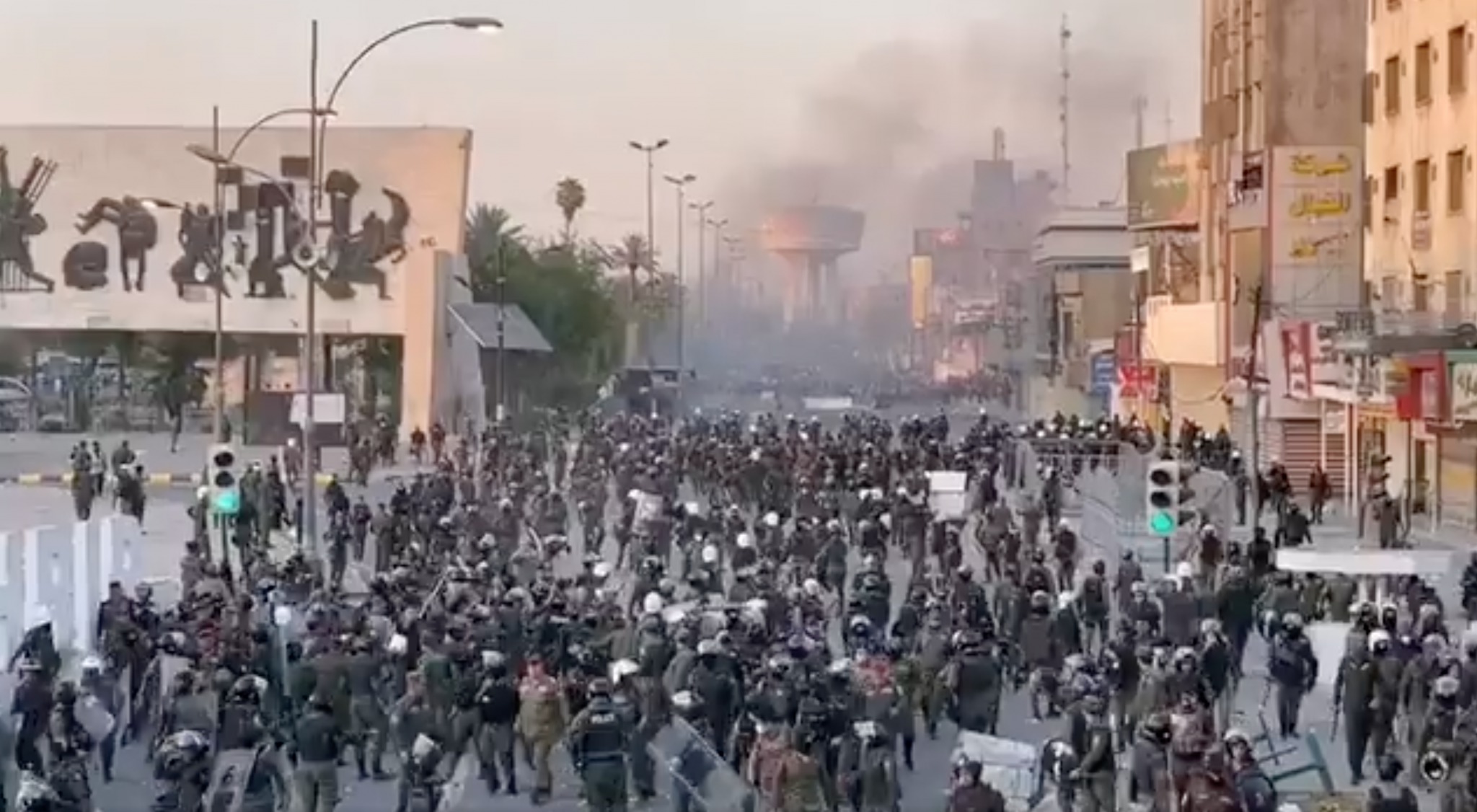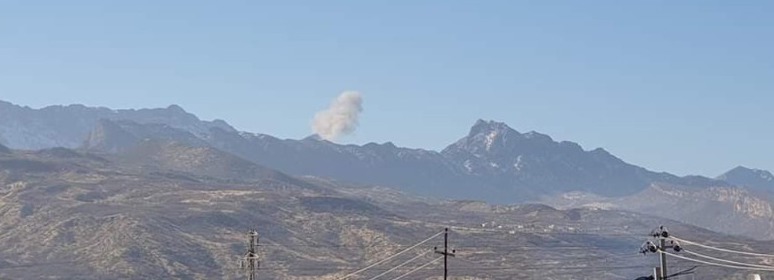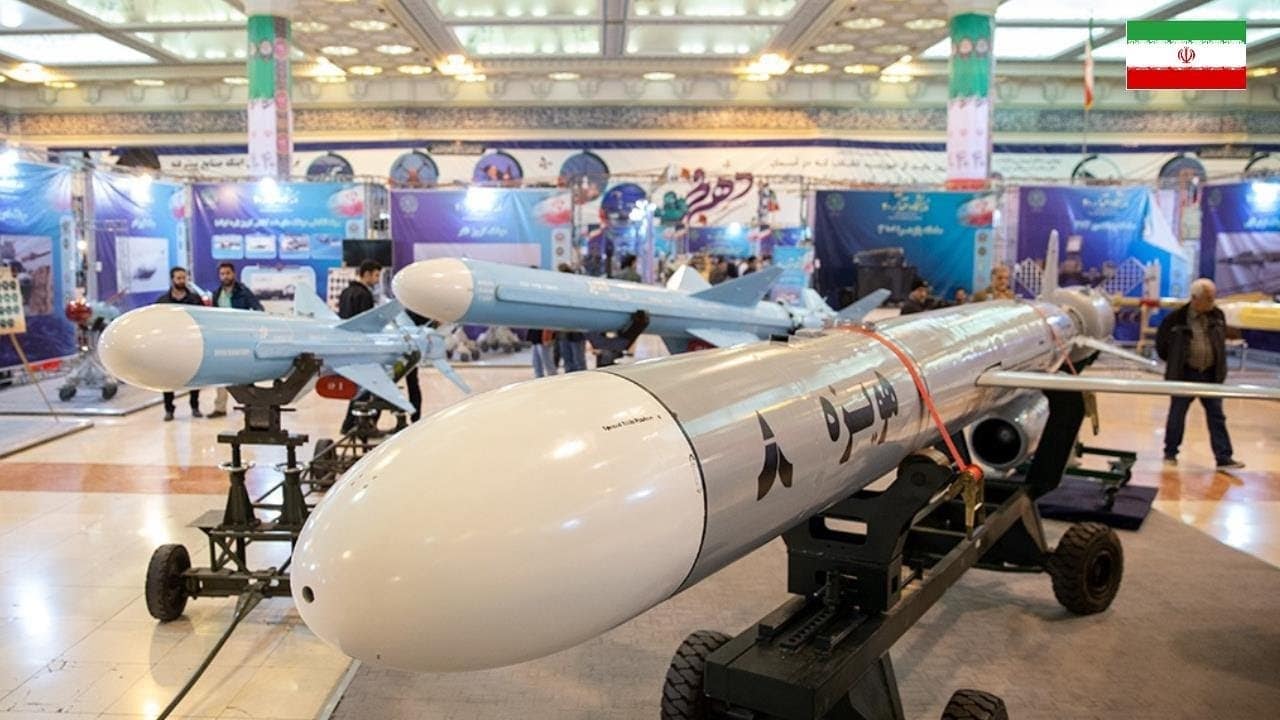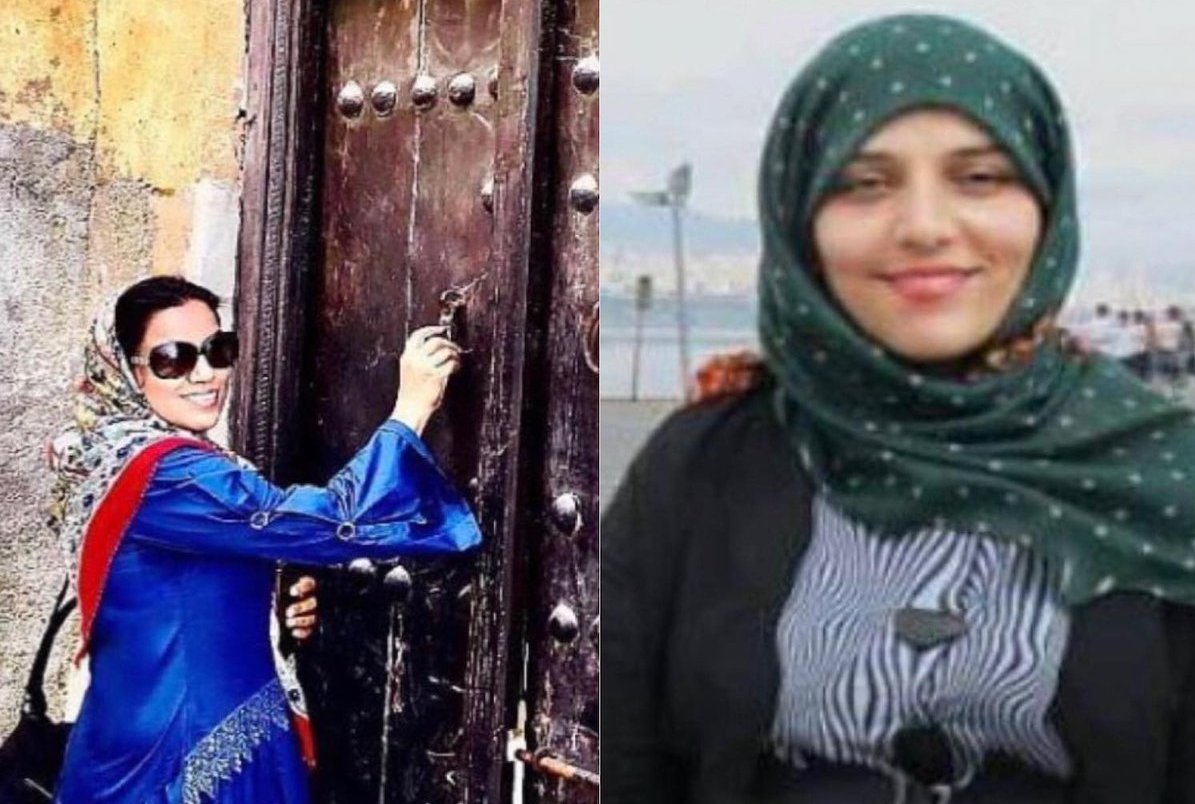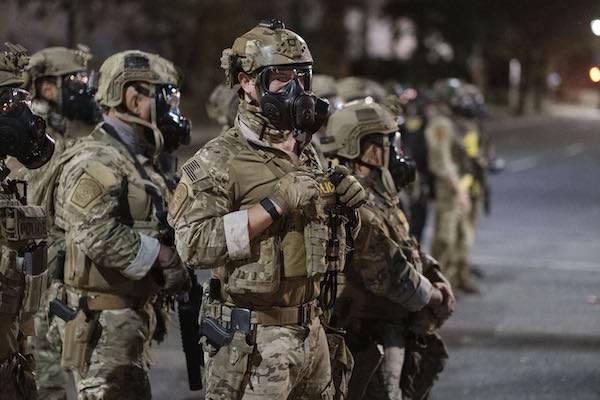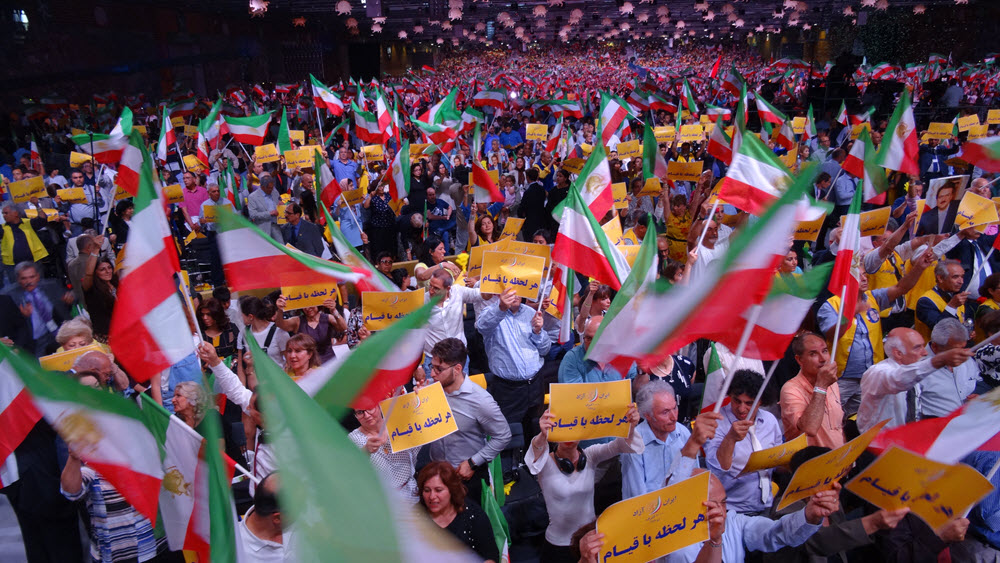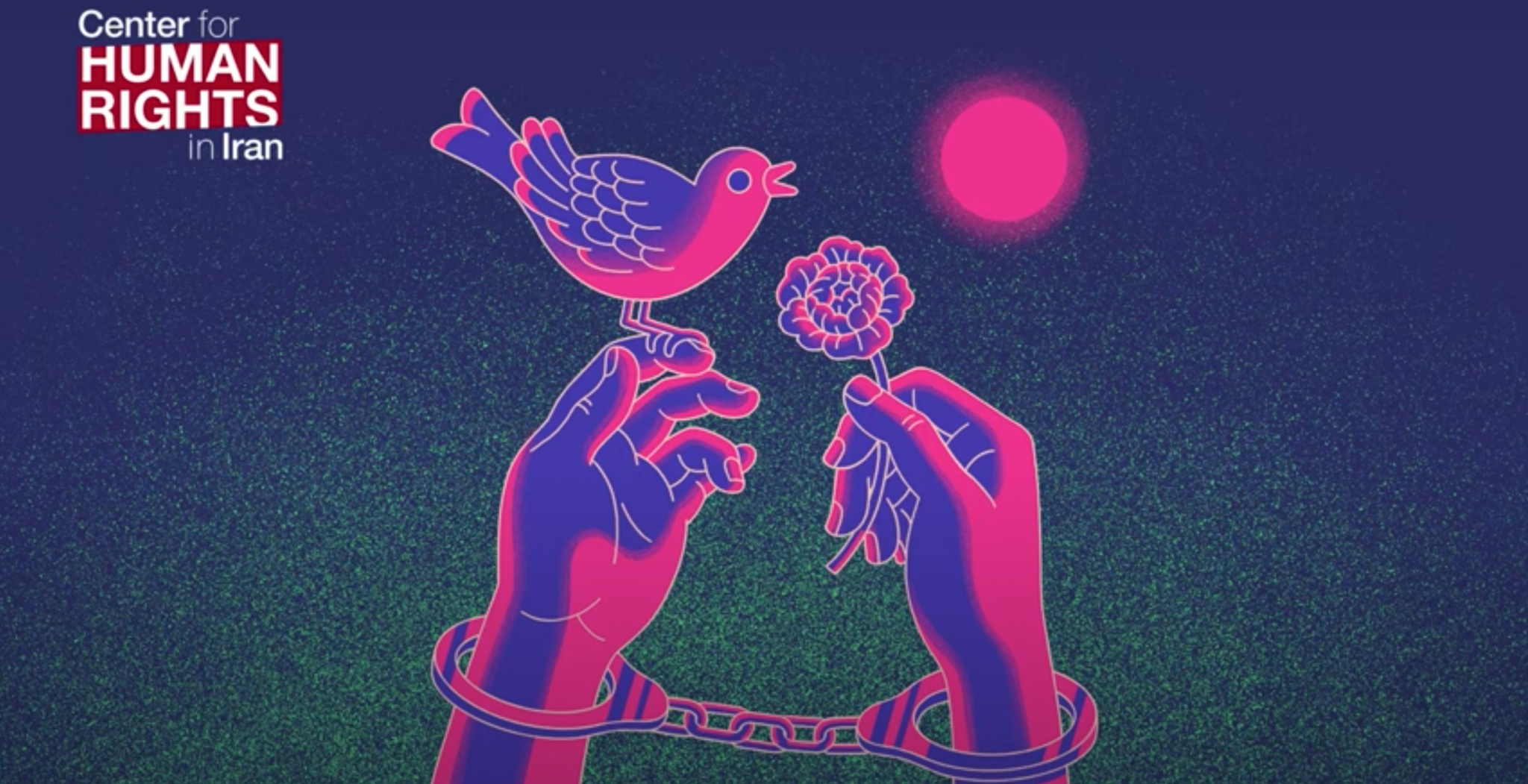
Iran: political prisoners on hunger strike
Six political prisoners began a hunger strike at Tehran’s notorious Evin Prison after poet and filmmaker Baktash Abtin died of COVID-19 at the facility. Abtin, who expired after being put into an induced coma during temporary transfer to a hospital, had been serving a five-year sentence on the charge of “assembly and collusion against national security.” Ardeshir Zarezadeh, director of the Toronto-based International Centre for Human Rights (ICHR), said in a statement: “The government of Iran must immediately and unconditionally release the political prisoners, and prisoners of conscience, specially due to the serious concern over the spread of coronavirus (COVID-19) in Iran’s overcrowded jails.” Abtin was the second known political prisoner to die in Iran in the first week of 2022. On New Years Day, writer Kian Adelpour died at Sheiban Prison in Ahvaz province after going on hunger strike a week earlier to protest being imprisoned without a fair trial. (Photo: Center for Human Rights in Iran)



